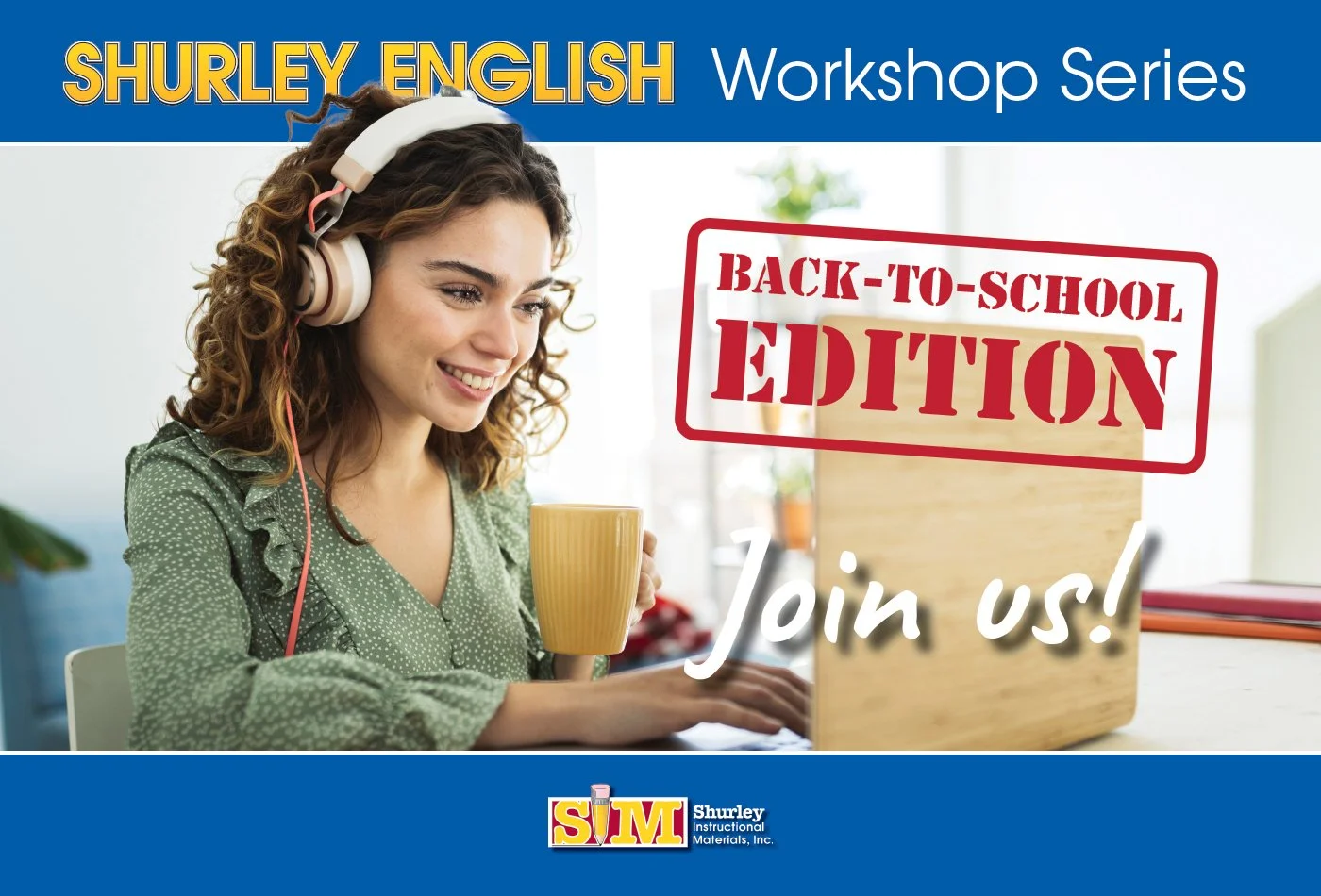How to develop "Word Choice" in your writing.
/Writing is a tool for communication, and language is the system of words and the methods of combining them that we use to express our thoughts and feelings to each other.
Did you know that good writers use certain traits that make their writing more successful? They’re called the Traits of Effective Writing, and although they take a lot of hard work and practice, they consist of skills that can be learned and mastered.
I’ve written about Vocabulary, Voice, and Sentence Fluency in previous blogs, but today, I’d like to speak specifically about Writing Trait #3: Word Choice.
Word Choice is selecting appropriate words to make a writing piece stand out. Good writers think carefully about words and choose them wisely: how a word sounds when it’s read out loud, how it looks on the page, how it works with the other words around it, and how precise and unique the word is. They avoid overusing the same words that everyone uses, and they find fun and descriptive synonyms to make their writing unique.
As teachers, we want our students to own the ability to make good word choices, so it’s up to us to provide them with strategies to improve. Shurley English incorporates several strategies, including:
Creating a space in a notebook to write down fun and unique words, expressions, and literary devices for future use.
Teaching students to use a thesaurus to find synonyms and a dictionary to make sure they are using a word correctly and spelling it right.
Teaching students to use “Power Words” to create word pictures in the reader’s mind. These exercises help students learn to use precise nouns, active verbs, descriptive adjectives, and strong adverbs. These words help show the reader instead of just telling them.
Incorporating activities to expand a student’s vocabulary.
These word choice strategies teach students to think about words and understand that they have word choice options. As they become skilled writers, they learn to choose their words carefully.
During step two of the writing process, students learn to turn their prewriting into a rough draft. Shurley English provides them with a Rough Draft Checklist to follow to ensure all of the Writing Traits are incorporated. The Word Choice checklist suggestions include the following:
Use precise nouns and verbs to engage the reader’s imagination.
Use vivid adjectives and adverbs to create strong mental pictures.
Use prepositional phrases to add more detail and description.
After the rough draft is complete, students are expected to revise their paper. During this step of the writing process, students are given a Revising Checklist that instructs them to find ways to improve word choices and sentences in their rough draft. The Revising Checklist includes these suggestions:
Add or replace any weak words with stronger word choices.
Delete any repeated or unclear words.
To write clearly and effectively, students must learn to find the words that fit their meaning exactly to convey their thoughts and feelings. Why not teach them how to choose powerful, effective words, using Shurley English?









































































































